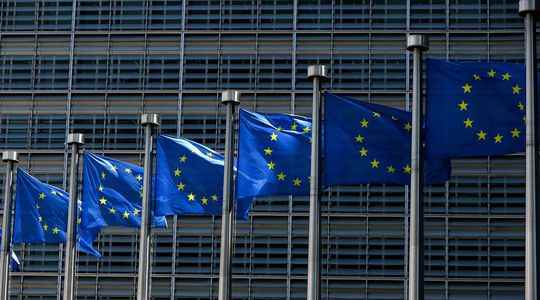Europe is facing the most serious energy crisis in its history since 1945. The price of gas has increased tenfold over the first six months of the year while electricity is traded at prices never seen on the markets, short and long term. The European crisis is a crisis of energy security: energy supply is insufficient in relation to demand, leading to soaring prices and, no doubt, this winter, cuts and rationing of gas and electricity .
In the short term, there is no other solution than to reduce demand: “sobriety” is only a way of saying that we are going to have to save energy and reduce our consumption. Let’s skip the ad nauseam use of this pompous term for the purposes of political communication: what decision-maker does not need to dress up in voluntarism what, in reality, is imposed on him? And regaining control, to pass it in this case to the French, is a “burning obligation” to succeed in reducing demand, both to lower prices and to avoid a collapse of our electricity system.
On the other hand, neither “sobriety” nor the “end of abundance” can take the place of a long-term policy for the simple reason that the crisis facing France and Europe today is a crisis of energy security, particularly in terms of electricity. Europe’s problem is not that it consumes too much electricity but that it no longer produces enough. However, electricity is the backbone of tomorrow’s energy systems in which, due to transition, low-carbon electricity will replace fossil fuels in many areas of our daily lives: in France as elsewhere, we will consume less fossil fuels but more, much more electricity! Automotive mobility is one of the best examples. Europe cannot be the champion of the energy transition if it does not produce much more low-carbon electricity at an affordable cost.
The Russian Pillar
To achieve this objective in the new geopolitical context, it is necessary to redefine the European energy security order. However, unlike the military-strategic security order in Europe, which is explicit and regularly debated (role of NATO, American nuclear umbrella, defense Europe), the European energy security order was built as it goes, without being made explicit as such. Until the outbreak of the Russian invasion in Ukraine, it rested on three pillars: the first, explicit, was the common energy policy.
The second, implicit, was Russia’s key role as a supplier of cheap gas for European industry, especially Germany, for heating tens of millions of Europeans and for producing electricity. It was based on this refrain: “Even during the Cold War, the Russians never broke the contracts and always delivered the gas”. The third pillar, also implicit, was based on nuclear energy, the main source of domestic electricity production in Europe in 2021, with France as an electron basket and structural exporter.
A new order to build
Today, this order no longer exists. The first pillar, energy Europe, worked as a short-term tool but turned out to be a major failure when it came to the continent’s long-term security of supply. We are now paying for the fundamental ambiguity of the treaties on the final responsibility for energy security (the States or the Union?), an ambiguity into which the States have engulfed themselves by eliminating production capacities and relying on their neighbours.
The second pillar disappeared with the Russian decision to cut off the gas tap almost completely. What saves Europe from an even greater disaster today is liquefied natural gas, notably American gas: the Russian gas umbrella has been replaced by the American umbrella. As for the nuclear pillar, it has been the subject of constant undermining in Brussels and Berlin for twenty years and in Paris for ten years. Everyone sees the disastrous result today.
Let us be reassured, the Vice-President of the Commission in charge of the Green Pact, Frans Timmermans, has the solution to replace the lack of energy independence that nuclear power brought to Europe: “Our sovereignty can only be built on renewable energy.” If you liked the dependence on Russian gas, you will love the intermittent energy sovereignty made in China, a concept that is innovative to say the least… It is definitely high time to talk about the new order of European energy security!
